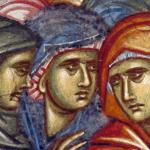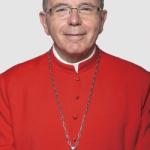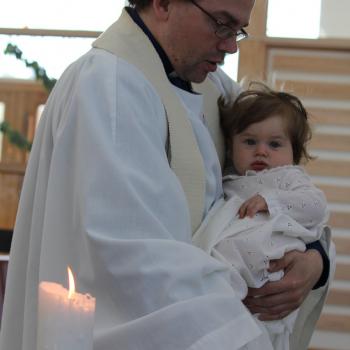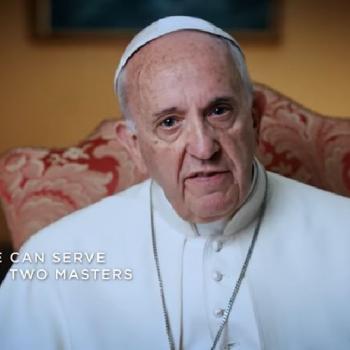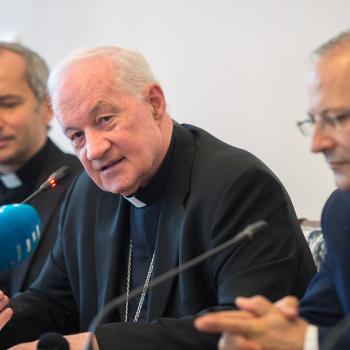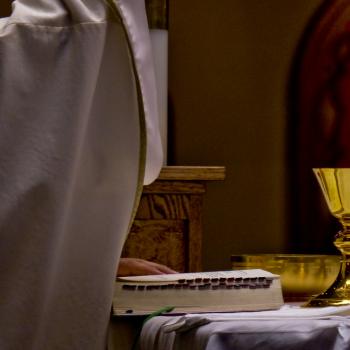Two months after taking possession of the see the new Archbishop of Milan, Mario Delpini, has announced a minor synod on the question of cultural change and adaptation in the archdiocese. As Avvenire reported last week, consultations for the synod will begin next January 14, the World Day of Migrants and Refugees, and will involve collating the opinions of the priests and faithful that make up the more than a thousand parishes of the Ambrosian Church.
According to Avvenire, Delpini’s goal in calling the synod is “to update pastoral action in light of the social changes that have come about in the parishes of the archdiocese”, and to ensure that both Italian and foreign-born Christians can live a common faith together “under the same steeple”.
The paper of the Italian bishops goes further and explains that the problems the new archbishop wishes to address with this monumental event in the life of the Church – which has as its theme “Church of the People: Responsibilities and Perspectives. Guidelines for Pastoral Care” – are twofold.
On the one hand, although each of the 1,107 communities of which the diocese consists might have their own guidelines for adapting to the multicultural realities of the Church in the twenty-first century, there isn’t yet any protocol for the diocese as a whole. On the other, Milanese Christians run the double risk of either living the faith and the sacraments within only their narrow ethnic or national worldview, or of losing, by way of an unthinking multiculturalism, the precious heritage of culture and tradition with which they have been bequeathed. Little wonder, then, that Avvenire glosses the challenge lying before the archidiocese as a “balancing act”.
The Italian bishops’ paper is careful to point out that the synod won’t tackle the question of the propriety or not of offering hospitality to migrants: something that it asserts has never been put into question in Church teaching. Neither will it look at any other question of doctrine or of the life of the Church, and for that reason will be a “minor” synod, unlike the last gathering that took place between 1993 and 1995 under Cardinal Carlo Maria Marini.
As for the timeline of the synod, Avvenire indicates that the listening phase that gets underway on January 14 will be wrapped up by Easter, by which time contributions by priests and lay faithful must be submitted to a steering group. This group -made up of some twenty members, half of whom are lay people– will then write a working document to be discussed and revised by the pastoral and presbyteral councils of the archdiocese.
Archbishop Delpini will then announce the conclusions of the definitive document on November 3, on the eve of the feast of the co-patron of the archidiocese, St. Charles Borromeo.

